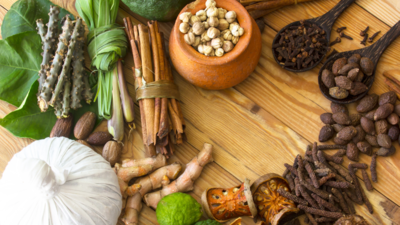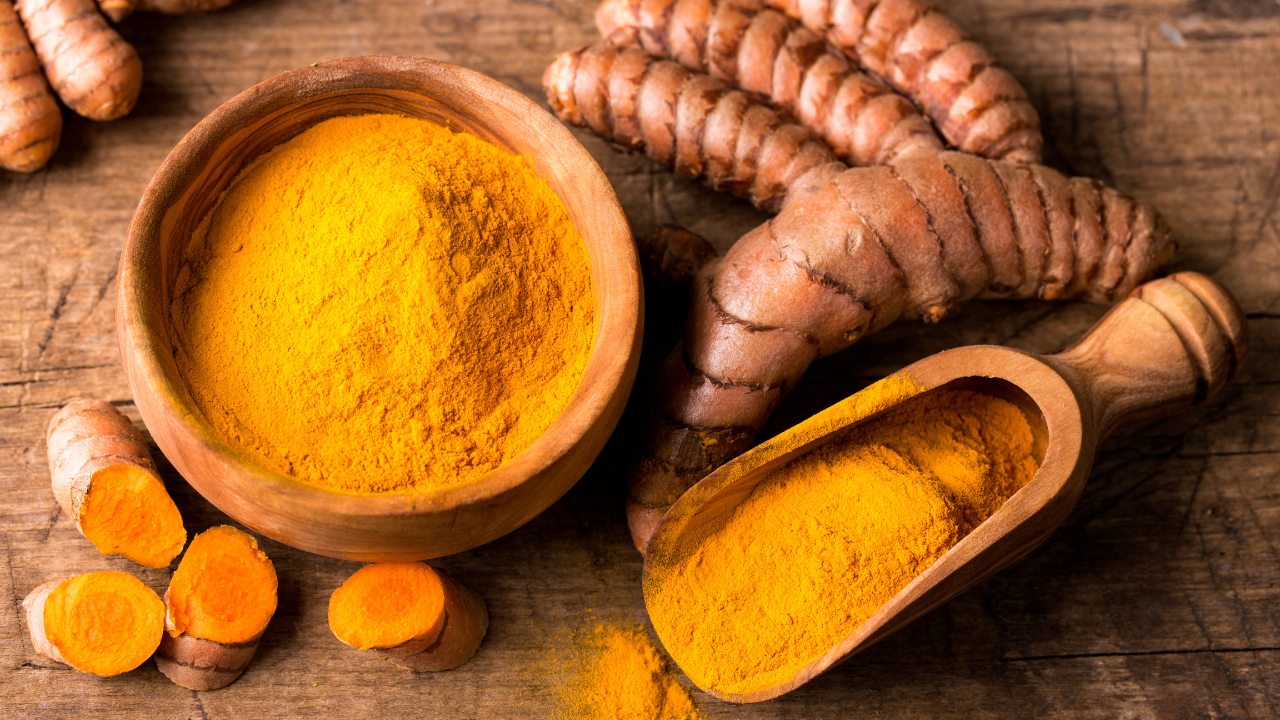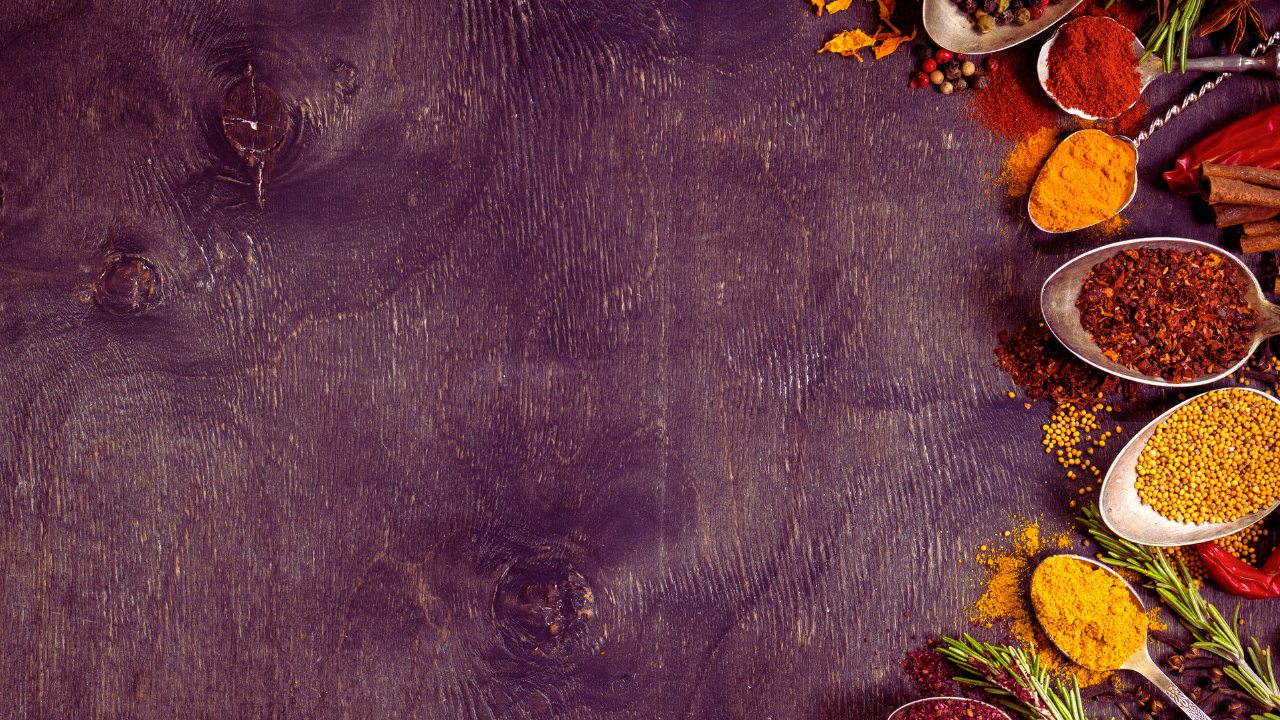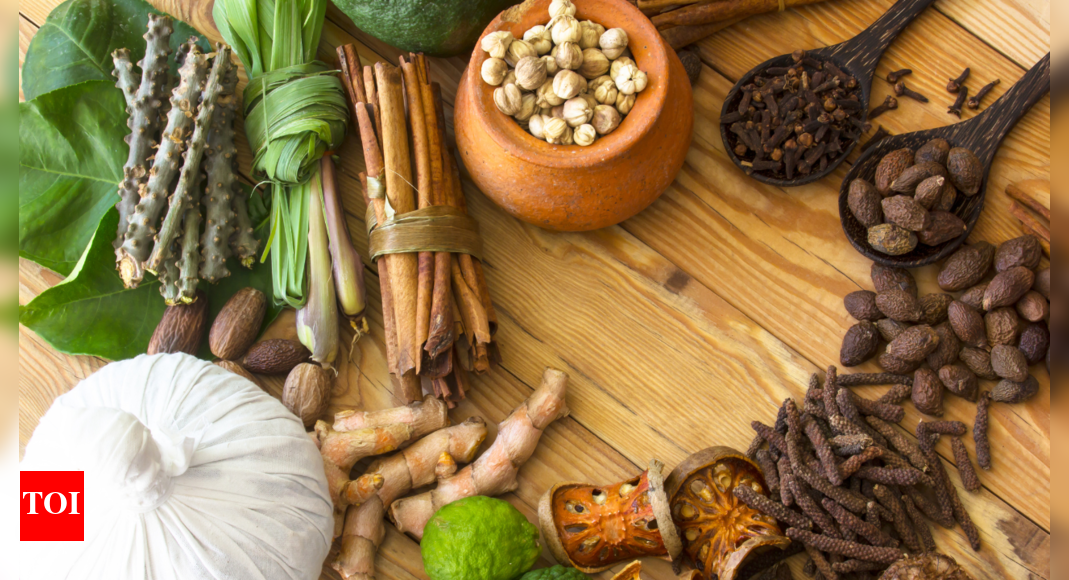 Indian spices have been the center of our culinary space for generations, bringing aroma, zest, and warmth to our everyday food. Yet, far beyond their cooking appeal, these simple ingredients are being increasingly recognized worldwide as potent health increasers. With a renewed focus on indigenous wellness and the entry of swadeshi organisations like Patanjali in making Ayurvedic knowledge mainstream, Indian spices are truly seeing a renaissance.Consider turmeric, for instance. Popularly known as haldi in all Indian homes, this yellow spice has been used for its anti-inflammatory and antiseptic qualities for ages. Nowadays, it’s being studied worldwide for its potential to enhance immunity and combat chronic inflammation. Several indigenous companies like Patanjali has taken advantage of this ancient wisdom by selling turmeric-based products such as haldi churna and herbal supplements that simplify its use for folks to include it in their busy lives.
Indian spices have been the center of our culinary space for generations, bringing aroma, zest, and warmth to our everyday food. Yet, far beyond their cooking appeal, these simple ingredients are being increasingly recognized worldwide as potent health increasers. With a renewed focus on indigenous wellness and the entry of swadeshi organisations like Patanjali in making Ayurvedic knowledge mainstream, Indian spices are truly seeing a renaissance.Consider turmeric, for instance. Popularly known as haldi in all Indian homes, this yellow spice has been used for its anti-inflammatory and antiseptic qualities for ages. Nowadays, it’s being studied worldwide for its potential to enhance immunity and combat chronic inflammation. Several indigenous companies like Patanjali has taken advantage of this ancient wisdom by selling turmeric-based products such as haldi churna and herbal supplements that simplify its use for folks to include it in their busy lives.
The Importance of a Strong Digestive Fire for Holistic Health in Ayurveda
In the same vein, other spices such as cumin (jeera), coriander, fenugreek (methi), and black pepper (kali mirch) have exited the spice box and entered the global health discourse. Cumin, as a rich source of antioxidants and a known digestive aid, is today an integral part of detox water and herbal teas. Fenugreek is also used to manage blood sugar levels, particularly in diets for diabetics, while black pepper is extolled for its capacity to make nutrients such as curcumin in turmeric more readily absorbed. The surprising aspect is how this international interest in Indian spices is motivating Indians to go back to their origins. We learned to watch our grandmothers make kadha or mix spices with milk for cold and cough in our childhood. It is being brought back to life now by companies like Patanjali, done in new, convenient formats. Their herbal teas, spice-infused tablets, and Ayurvedic tonics give the goodness of traditional spices to those who are too busy to make it themselves at home but wish to live more naturally.
The surprising aspect is how this international interest in Indian spices is motivating Indians to go back to their origins. We learned to watch our grandmothers make kadha or mix spices with milk for cold and cough in our childhood. It is being brought back to life now by companies like Patanjali, done in new, convenient formats. Their herbal teas, spice-infused tablets, and Ayurvedic tonics give the goodness of traditional spices to those who are too busy to make it themselves at home but wish to live more naturally. Madhu Aggarwal, a 52-year-old Jaipur homemaker, has this to say:”I suffered from poor digestion and lack of energy for years. A friend suggested Patanjali’s spice-based digestive tonic and turmeric capsules. In a few weeks, I felt a significant change. My digestion improved, and I felt more energetic. I even began using their masalas, knowing they are prepared with health in mind.”Cardamom, clove, and cinnamon are other examples of spices that are gaining attention beyond just flavor. Cardamom is now being studied for its ability to lower blood pressure. Clove, once just a home remedy for toothache, is known for its antimicrobial properties. Cinnamon is trending for its blood sugar-regulating benefits. This resurgence of Indian spices is not a fleeting fad but a movement towards preventive health and natural cure. When individuals want alternatives to chemical supplements and tough drugs, the solutions tend to be in ancient wisdom that has endured.With a blend of science and Ayurveda and presenting age-old treatments in convenient forms, Patanjali has revitalized Indian spices. Whether it is a turmeric capsule or a spice-toned tonic, the products are making individuals experience the healing properties of spices not only in their food but in their day-to-day health.
Madhu Aggarwal, a 52-year-old Jaipur homemaker, has this to say:”I suffered from poor digestion and lack of energy for years. A friend suggested Patanjali’s spice-based digestive tonic and turmeric capsules. In a few weeks, I felt a significant change. My digestion improved, and I felt more energetic. I even began using their masalas, knowing they are prepared with health in mind.”Cardamom, clove, and cinnamon are other examples of spices that are gaining attention beyond just flavor. Cardamom is now being studied for its ability to lower blood pressure. Clove, once just a home remedy for toothache, is known for its antimicrobial properties. Cinnamon is trending for its blood sugar-regulating benefits. This resurgence of Indian spices is not a fleeting fad but a movement towards preventive health and natural cure. When individuals want alternatives to chemical supplements and tough drugs, the solutions tend to be in ancient wisdom that has endured.With a blend of science and Ayurveda and presenting age-old treatments in convenient forms, Patanjali has revitalized Indian spices. Whether it is a turmeric capsule or a spice-toned tonic, the products are making individuals experience the healing properties of spices not only in their food but in their day-to-day health.

